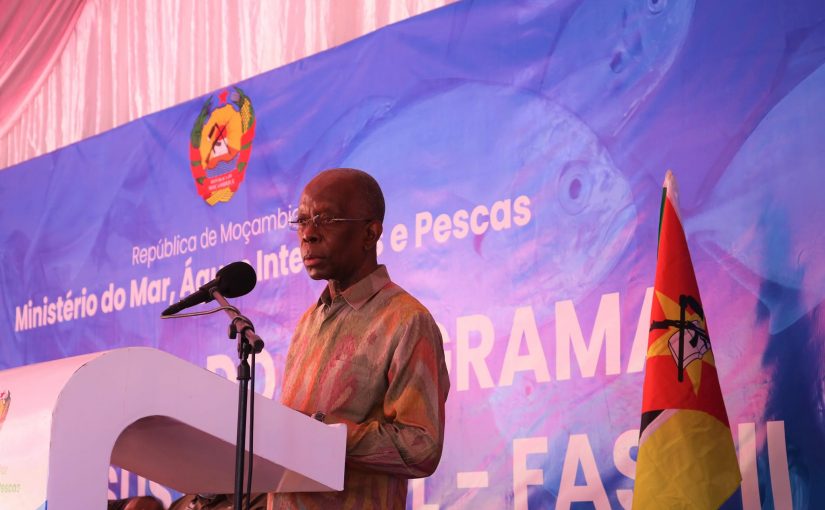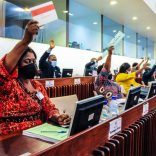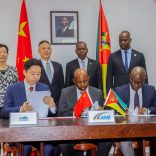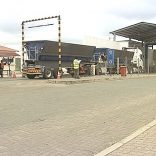Mozambique adds over €12 million to public debt in Q2 2025"
Mozambique: Second phase of sustainable fishing program launched

Photo: Conselho Executivo Provincial de Nampula on Facebook
Mozambique’s Minister of the Sea, Inland Waters and Fisheries, Lidia Cardoso, on Friday announced that the second phase of the “More Sustainable Fish” programme will cover all the districts in the seven provinces in the north and centre of the country.
She was launching the second phase at Namaita lake, in Rapale district, Nampula province, at a ceremony witnessed by Prime Minister Adriano Malaiane.
Cardoso declared that fishing and aquaculture are crucial in the battle to achieve the government’s target of “Zero Hunger”.
“More Sustainable Fish” is part of the broader project for the Development of Small Scale Aquaculture (ProDAPE).
“We want to build a landmark in the history of fishing and aquaculture in Mozambique”, said Cardoso. “We want to create among rural communities and businesspeople the idea that fishing and aquaculture, when practiced sustainably, can promote lucrative businesses with excellent prospects for progressing”.
The first phase of the progamme, launched in 2019, covered only 28 districts (two in Cabo Delgado, one in Niassa, nine in Nampula, seven in Zambezia, two in Tete, two in Manica, and five in Sofala).
The Nampula provincial governor, Manuel Rodrigues, told the ceremony that the programme is important for Nampula because it is the most populous province in Mozambique, with the potential to provide more fish for its inhabitants, who suffer from high levels of chronic malnutrition.
Among the challenges Nampula faces, he said, was that most of the artisanal fishermen in the coastal districts lack the means and resources to catch large amounts of fish, since they do not have boats that can go onto the high seas.
Fishing should be of great importance for the province, making a major contribution to job creation and to generating income. He pointed out that the province has 80,295 artisanal fisherman and 700 fish farmers.
A representative of Nampula fishermen, Gregorio Mussa, said that breeding fish in artificial ponds helps reduce the pressure on fish stocks at sea. He urged investors to make good quality feed and fingerlings available in order to ensure the success of aquaculture.













Leave a Reply
Be the First to Comment!
You must be logged in to post a comment.
You must be logged in to post a comment.